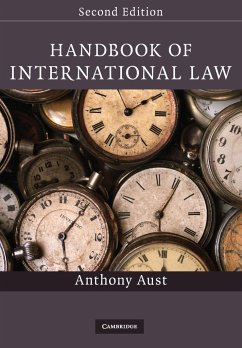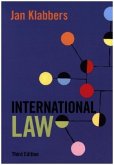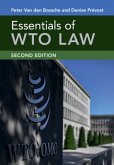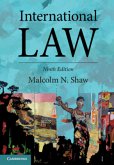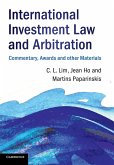To the new student of international law, the subject can appear extremely complex: a system of laws created by states, international courts and tribunals operating at the national and global level. A clear guide to the subject is essential to ensure understanding. This handbook provides exactly that: written by an expert who both teaches and practises in the field, it focuses on what the law is; how it is created; and how it is applied to solve day-to-day problems. It offers a practical approach to the subject, giving it relevance and immediacy. The new edition retains a concise, user-friendly format allowing central principles such as jurisdiction and the law of treaties to be understood. In addition, it explores more specialised topics such as human rights, terrorism and the environment. This handbook is the ideal introduction for students new to international law.
'Anthony Aust's Handbook of International Law is a masterful summary of the major areas of international law and is suitable for practitioners and students alike. The author's experience as both a practitioner and an academic is evident in the pertinent examples given and the analysis employed. It is a 'must read' for anyone new to the subject of international law.' Susan C. Breau, University of Surrey

